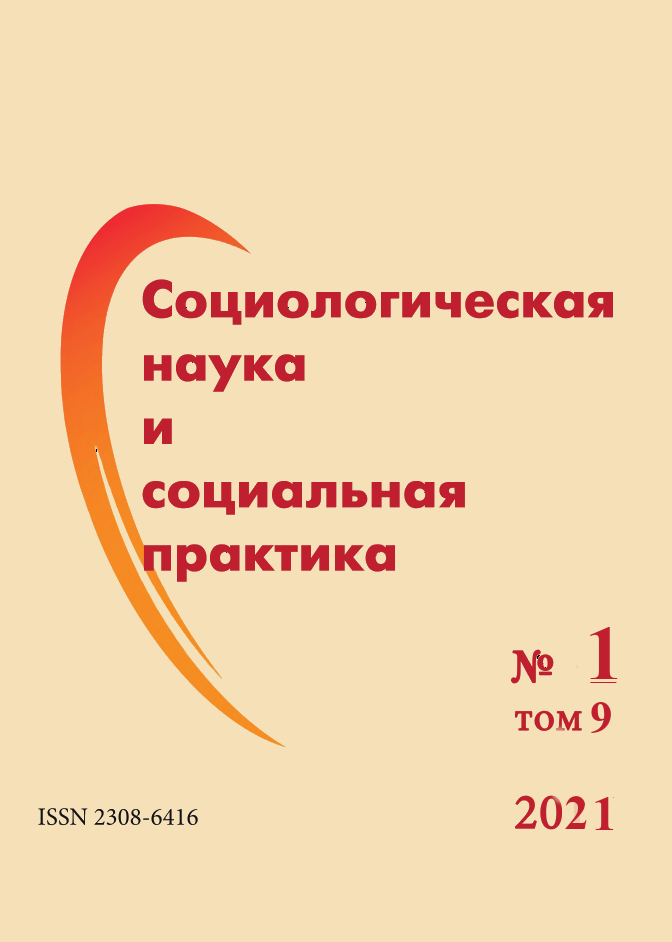Ребёнок в триаде отношений «школа-ученик-семья» в период освоения дистанционного обучения
Научная статья
Аннотация
Литература
2. Дембицкий С. С. Теоретическая валидизация в социологическом исследовании. Методология и методы. М. : ЛЕНАНД, 2016. 200 с.
3. Кон И. С. Ребёнок и общество. М. : Академия, 2003. 336 с.
4. Методология и методы социологического исследования : учебник / В. В. Васильева [и др.] ;под ред. В. И. Дудиной, Е. Э. Смирновой. СПб. : Изд-во СПбГУ, 2014. 388 с.
5. Оценка качества опроса в сложных реалиях сегодняшнего дня. Социальные медиа в исследовании общественного мнения: отчет рабочей группы AAPOR о новых технологиях в исследовании общественного мнения / Американская ассоциация исследователей общественного мнения ; пер с англ. В. А. Силаева, О. А. Оберемко. М. : ВЦИОМ, 2017. 78 с.
6. Современный ребёнок. Энциклопедия взаимопонимания / Под ред. А. Я. Варги. М. : ОГИ, 2006. 640 с.
Поступила: 28.07.2020
Опубликована: 28.03.2021








 Издатель: Федеральное государственное бюджетное учреждение науки
Издатель: Федеральное государственное бюджетное учреждение науки